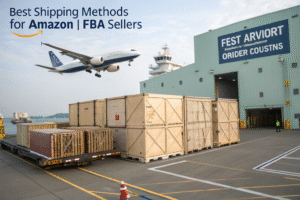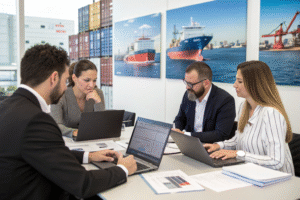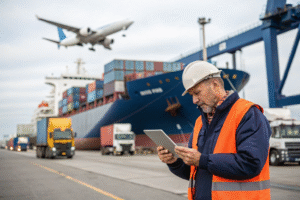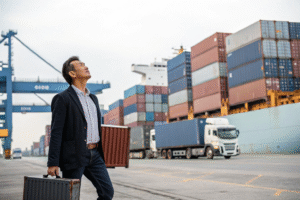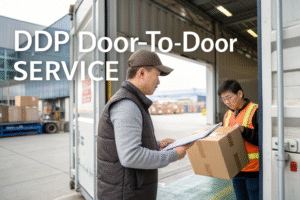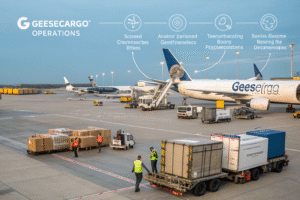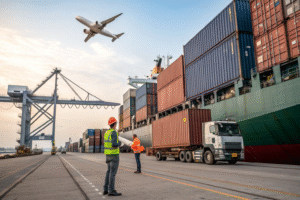As a business owner shipping goods from China to the U.S., you've likely encountered the terms "import duties" and "customs fees." They are costs that impact your bottom line. But many of my clients, like Ron, often ask me: are they the same thing? The short answer is no. While both are collected by customs authorities, they are calculated differently and serve distinct purposes. Understanding this difference is crucial for accurate cost forecasting and avoiding unexpected delays. In this article, I'll draw from my years of experience at GeeseCargo to clearly break down these two critical costs for you.
For any importer, grasping the distinction between import duties and customs fees is fundamental to managing international shipping costs effectively. Import duties are taxes on the goods themselves, based on product type and value, while customs fees are charges for the administrative processing of your shipment. Knowing the difference helps in accurate budgeting and prevents costly surprises.
Let's dive deeper into the specifics of each cost component. This knowledge will empower you to make smarter sourcing decisions and streamline your supply chain from China to the U.S.
What are import duties and how are they calculated?
If you're shipping clothing from China, you need to know about import duties. They are a direct tax on your goods. Think of them as a government-imposed cost for bringing products into a country. For you, the importer, this is a key part of your landed cost. Not factoring them in correctly can seriously eat into your profit margins, especially when dealing with large volumes.
Import duties are primarily calculated based on two things: the value of your goods and their specific classification. The classification is determined by a system called the Harmonized System (HS) code. Every product, from cotton t-shirts to electronic gifts, has a unique HS code. The customs authority of the destination country, like U.S. Customs and Border Protection (CBP), uses this code to look up the applicable duty rate.
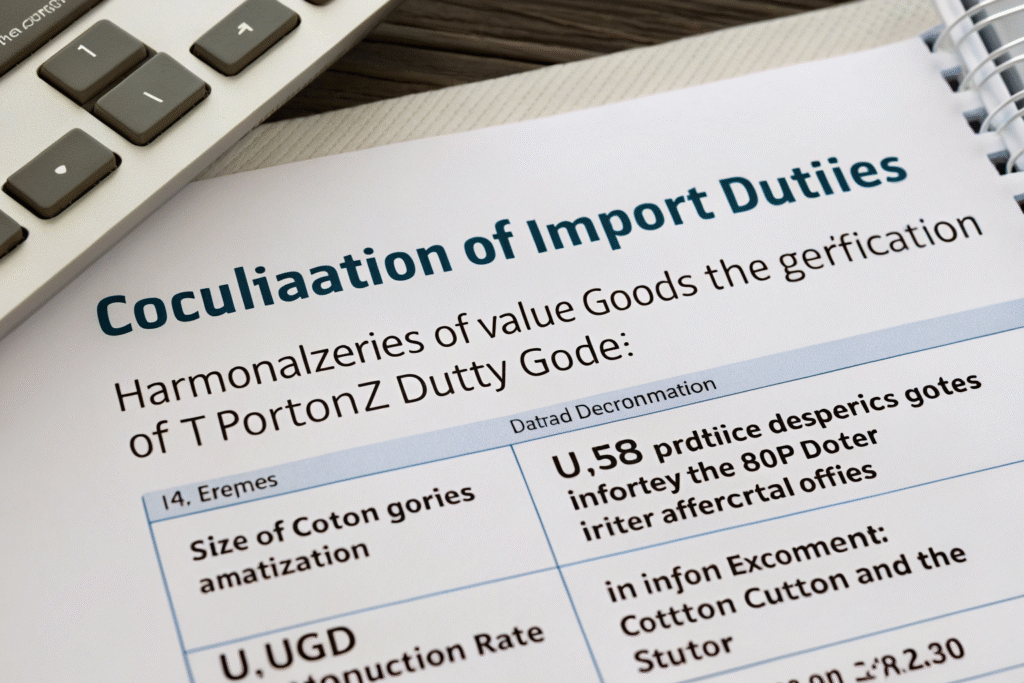
How is the value of my shipment determined for duties?
The value used for calculating duties isn't just the factory price. It's based on the transaction value, which generally includes the cost of the goods, packing, and any royalties or license fees related to the imported items. This means the price you pay your supplier in China forms the basis, but other costs can be included. Ensuring your commercial invoice accurately reflects this value is critical. An incorrect declaration can lead to fines and hold-ups. At GeeseCargo, we help our clients review these documents to ensure a smooth customs clearance process.
What factors influence the duty rate for my products?
The main factor is the product's HS code. However, the country of origin also plays a huge role. Because you're shipping from China, the specific trade agreements between China and the U.S. will determine the final rate. For instance, certain products may be subject to additional tariffs. It's not a one-size-fits-all system. A reliable freight forwarder stays updated on these changing trade laws to give you the most accurate cost estimate upfront.
What do customs fees cover and who charges them?
While import duties are a tax, customs fees are the cost of the service of processing your shipment. They are the charges for the work that customs brokers and government agencies do to get your goods cleared and into the country. For a U.S. importer like Ron, these are unavoidable fees that ensure your cargo complies with all federal regulations.
Customs fees are charged by different entities. The government agency, such as CBP, charges certain mandatory fees. Additionally, if you use a customs broker to handle the complex paperwork on your behalf, which most importers do, you will pay a brokerage fee. These fees cover the labor and expertise required to submit the correct documentation, pay duties on your behalf, and ensure everything meets legal standards.
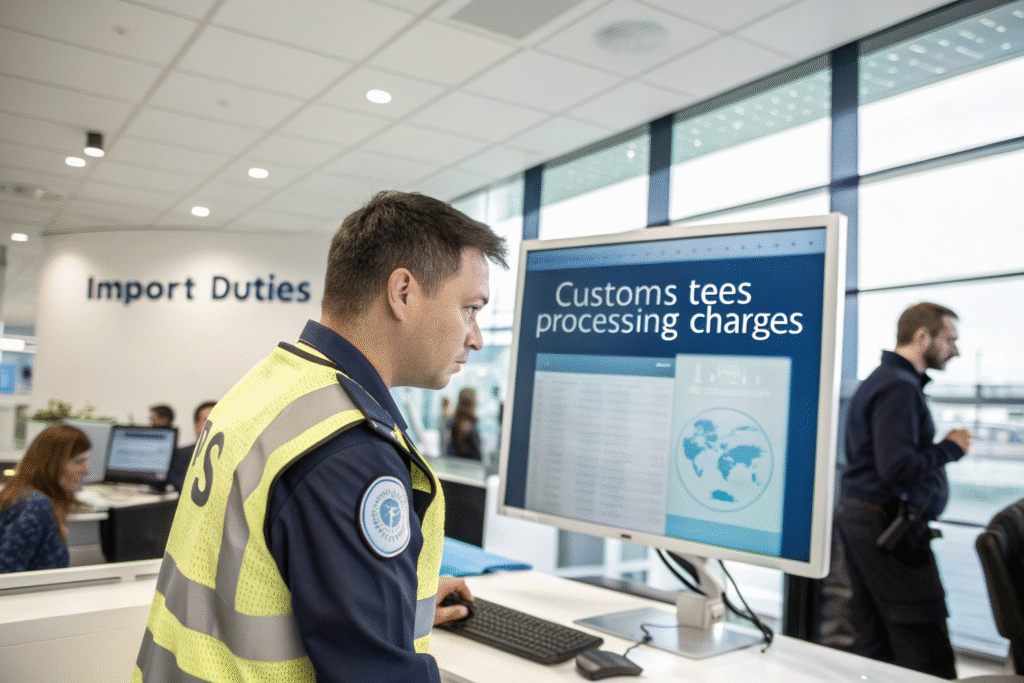
What are the most common types of customs fees?
The most common fees include the Merchandise Processing Fee (MPF) and a Customs Brokerage Fee. The MPF is an ad valorem fee charged by CBP on all formal entries. Think of it as a service charge for the government's processing. The customs brokerage fee is for the professional service of preparing and submitting the entry documentation. At GeeseCargo, our competitive DDP service includes this brokerage, so you get one transparent price without hidden charges.
Why can't these fees be bundled into the shipping cost?
Customs fees are separate because they are not for the physical movement of goods. They are for compliance and administrative processing. The shipping cost from our side covers the ocean or air freight from port to port. Customs clearance is a separate, mandatory legal process. Keeping them separate in your quotes ensures full transparency. You know exactly what you are paying for, which helps with your financial planning and avoids the inefficiency of opaque pricing.
How do these costs impact my total shipping budget?
For a cost-conscious business owner, the combined impact of duties and fees on your total budget is a top concern. They are not trivial expenses; they can add a significant percentage to your cost of goods sold. I've seen many importers focus only on the freight quote and get a nasty surprise when the final customs bill arrives, hurting their profitability.
The impact varies based on your product's value and category. For example, a high-value shipment of designer accessories will incur higher duties than a lower-value shipment of simple gifts. However, the customs fees might be similar for both, as they are often fixed or based on the entry type rather than the product value. Therefore, understanding this breakdown is key to accurate budgeting for each shipment you send from China.
| Cost Component | What It Is | Based On | Who Charges It |
|---|---|---|---|
| Import Duties | A tax on the imported goods. | Product value & HS code. | Government (e.g., CBP). |
| Customs Fees | A charge for processing the shipment. | Services rendered (e.g., MPF, brokerage). | Government & Customs Broker. |
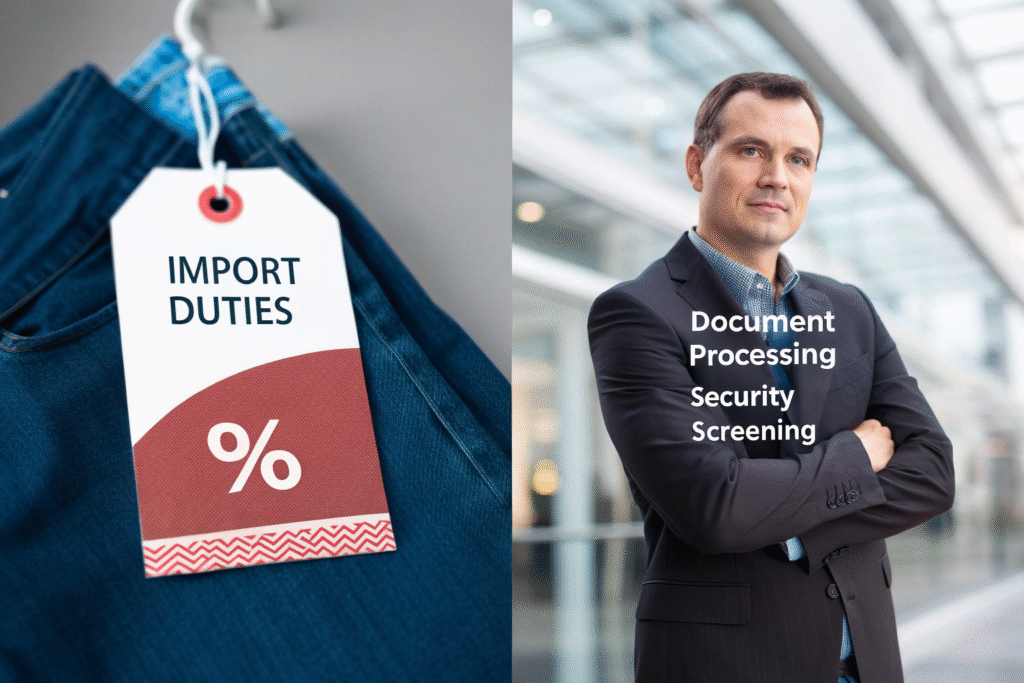
How can I avoid unexpected costs with my shipments?
The best way is to work with a forwarder that offers DDP (Delivered Duty Paid) services. Under DDP, we, the seller, take responsibility for all costs, including duties and fees, until the goods are delivered to your door. This gives you one all-inclusive price from the start. For clients like Ron who value price stability, this eliminates the risk of unpredictable customs expenses and allows for clearer profit calculations.
Are there any hidden fees I should be aware of?
Sometimes, shipments are selected for examination by customs. This can result in examination fees from both the customs agency and the broker for handling the extra work. While not exactly "hidden," they are unpredictable. A trustworthy forwarder will inform you about this possibility. Our team at GeeseCargo, with our contacts in major U.S. ports, can often help streamline this process if it occurs, minimizing delays and extra costs for you.
Who is responsible for paying import duties and customs fees?
Ultimately, the importer of record—the U.S. company or individual bringing the goods into the country—is legally responsible for paying both import duties and customs fees. This is a key point. Even if you have a supplier agreement, the U.S. government holds you, the importer, accountable for these payments.
However, who actually makes the payment can be arranged differently. This is where your shipping terms matter greatly. If you ship under common terms like EXW (Ex-Works), you are responsible for arranging and paying for all costs, including customs. But if you use a service like our DDP door-to-door solution, GeeseCargo acts as your agent and pays these costs on your behalf, billing you a single, upfront price. This transfers the administrative burden and financial risk from you to us.
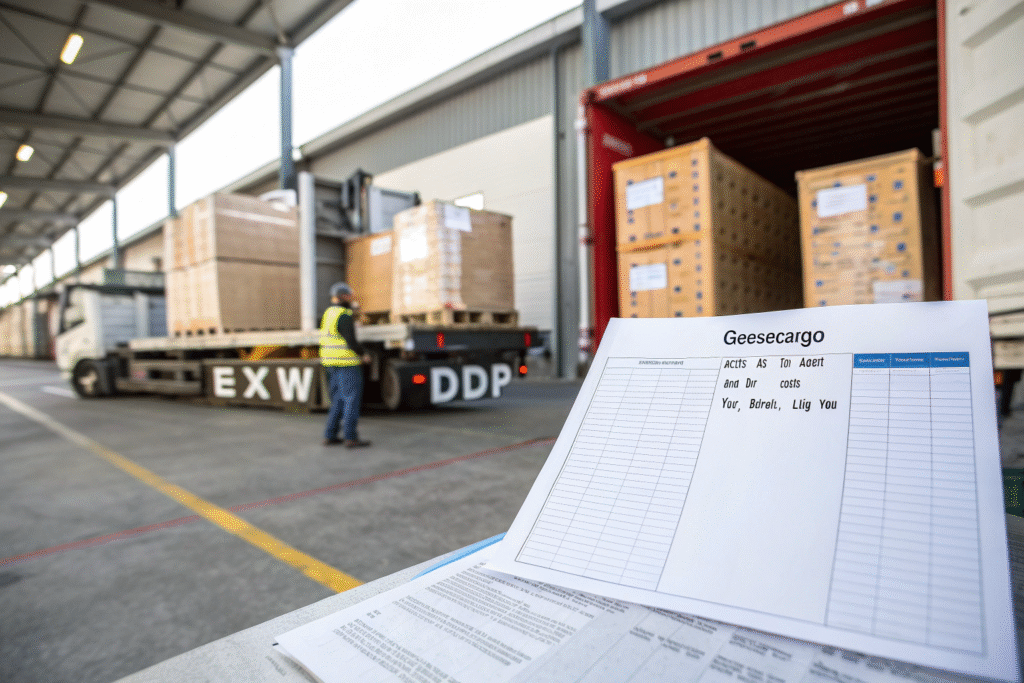
What happens if these costs are not paid?
If duties and fees are not paid, your shipment will not be released by customs. It will be held at the port, accruing costly demurrage and storage charges. In severe cases, it can lead to fines, seizure of the goods, and a negative mark on your importer record, which can cause future shipments to be scrutinized more heavily. This directly threatens your timeliness and supply chain security.
How can a freight forwarder help manage these payments?
A professional freight forwarder simplifies this for you. We act as your customs broker or work with our trusted partners to file the necessary entries and pay the duties and fees for you. We calculate the estimated costs in advance and include them in your quote. This service ensures compliance, saves you time, and provides peace of mind. You can focus on your business, knowing the complex logistics and customs clearance are in expert hands.
Conclusion
Understanding the difference between import duties and customs fees is more than an academic exercise—it's a critical business skill for importers like you. Import duties are the tax on your products, while customs fees are the charges for the processing service. By distinguishing between the two, you can create more accurate budgets, avoid unexpected costs, and choose the right shipping terms for your business.
Partnering with an experienced and reliable freight forwarder like GeeseCargo makes this process seamless. Our DDP door-to-door service is designed specifically for clients who value transparency, competitive pricing, and timeliness. We handle the complexities of customs clearance, duties, and fees for you, providing one reliable, all-inclusive price. Let us help you turn a potential pain point into a smooth and predictable part of your supply chain. Contact us today to get a quote for your next shipment from China.

